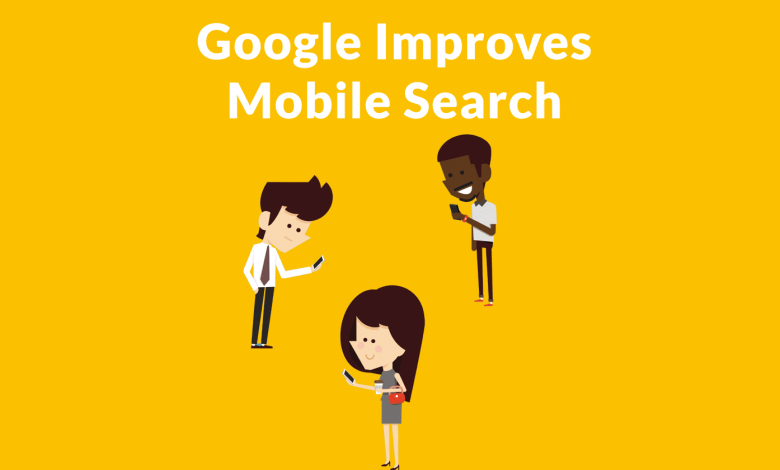
In a positive development for web publishers, Google announced on Twitter a modification to Google Mobile Search aimed at displaying more links to web pages more quickly. If the default search results don’t satisfy the user, they will have the option to click a "More results" button, which will reveal additional page links. This alteration is effective for both Android and iOS Google search apps and most major mobile browsers, excluding Chrome for iOS. Support for Chrome iOS will be available soon.
Google’s Danny Sullivan, through the SearchLiason Twitter account, shared:
“We’ve launched a new ‘More results’ button that simplifies and accelerates access to more search results on mobile. Now, additional listings load beneath the already viewed ones, unlike the old ‘Next’ button that loaded an entirely new page…
The ‘More results’ button will be visible for users of the Google app on iOS & Android, or major mobile web browsers other than Chrome for iOS — support for which is forthcoming. Regarding ads, the button will first load more organic results, with ads appearing underneath when relevant.”
Good News for Publishers
One major complaint from publishers has been shrinking traffic opportunities from Google search on mobile. This modification may benefit site publishers, as more sites will likely gain from mobile search traffic. Previously, a user had to click a “next” button and wait for a new search results page to load.
The mobile search page can already be crowded with image results, local results, and regular search results. Therefore, any change that expedites accessing more search results is advantageous for web publishers. There is no downside to this change.
The “More results” link loads additional search results faster than the old method of clicking a “next” button.
What Does it Mean for Users?
Previously, users had to click a next button and then wait for another Google page to load. Now, Google will feature a “more results” button that loads additional links within the same web page. This is beneficial for users, as it provides more web results faster.
How do Users Feel About it?
Almost immediately, some users began expressing dissatisfaction over having their preferences overridden. One Twitter user questioned:
“What if I want the classic ‘Next’ back? Shouldn’t I be free to choose rather than accept? How do I switch it back to classic search pages?”
Presumably, Google has tested this feature, and users have responded positively. Otherwise, the company would not have proceeded with this change.
In the past, changes to Google search have at times seemed to impede traffic towards search publishers, particularly when information was used without generating more traffic. This modification, however, is favorable as it benefits both users and web publishers. Web publishers should embrace this change and anticipate some increased mobile traffic.
Images by Shutterstock, Screenshots by Author


